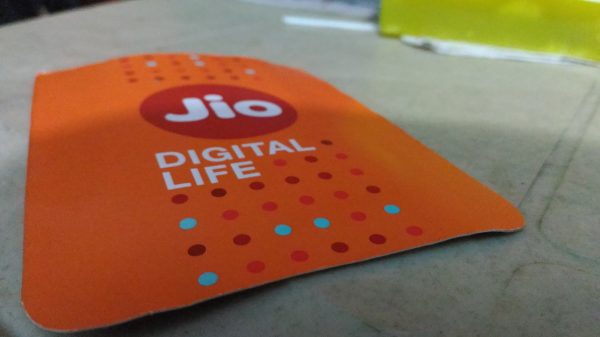Much has changed in the last year or so in the digital content business in India: with the entry of Amazon Prime, Netflix, the push from media house backed players like Star India (HotStar) and Sony (Sony Liv), apart from several other platforms, the game has changed. This, from a time when YouTube was the primary game in town, and the content providers and aggregators had little choice but to play the ad-supported game. Suffice to say that the content owners and aggregators have never had it better, but in a winner-takes all market that is the Internet, what happens when the dependency increases? At the IAMAI India Digital Summit, I referenced what someone from the books publishing industry once told me about the pre-Amazon days of e-commerce in India: at first, book publishers had been ecstatic with the growth of Flipkart, because it gave them an additional, and a massive source of revenue. Then as the catalog grew, buying shifted online, and many offline stores shut, the dependency led to a squeezing of publisher margins. The power that platforms have is also evidenced by Amazon's bullying of Hachette a few years ago, because Amazon then accounted for over 50% of all books sales in the United States, and over 60% of all e-books. So can this happen in the media business, where large catalogs and original content from platforms will increase dependency and reduce negotiating ability for content owners? "It's a partnership, and you have to approach it in that manner",…




























